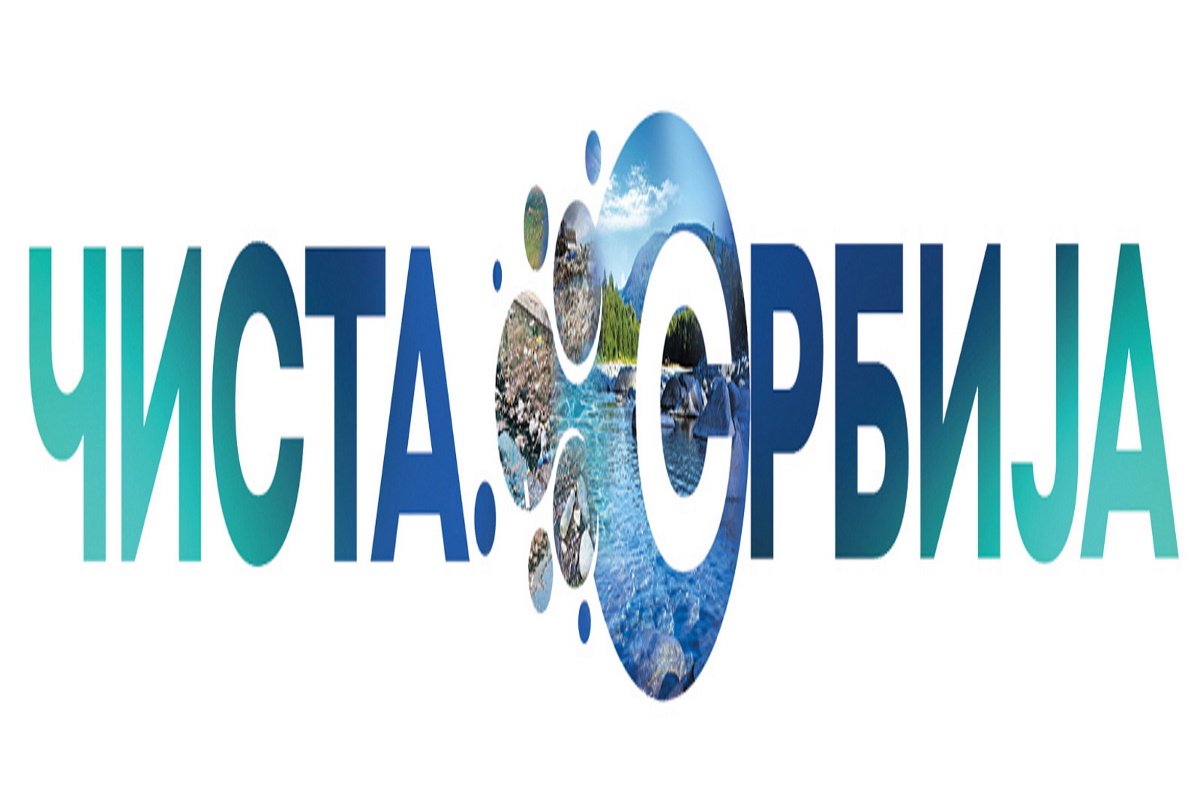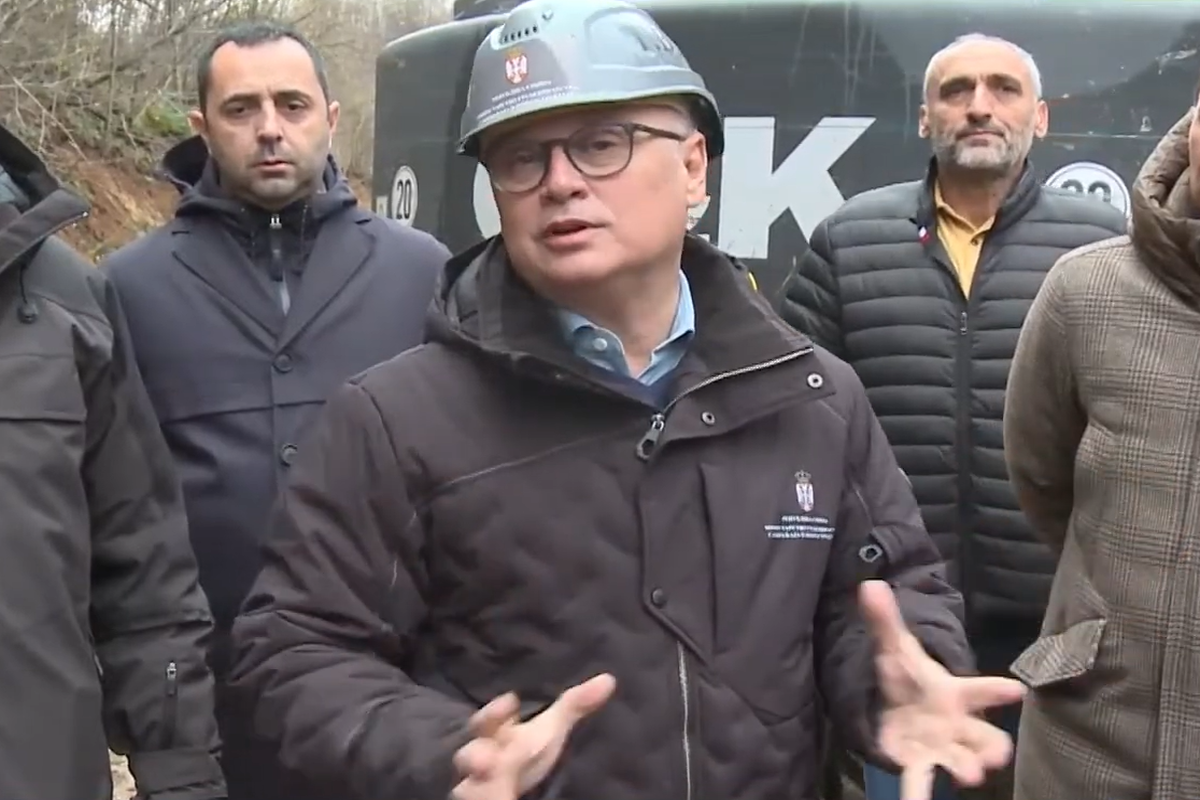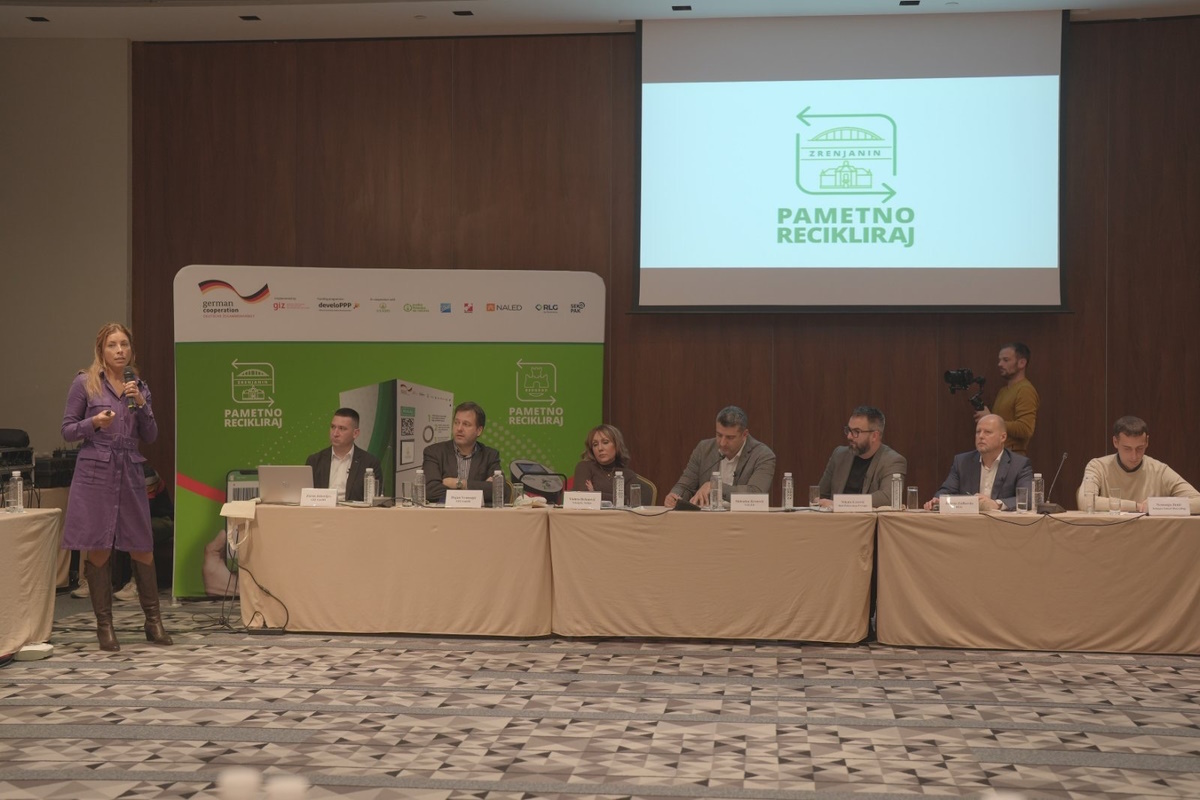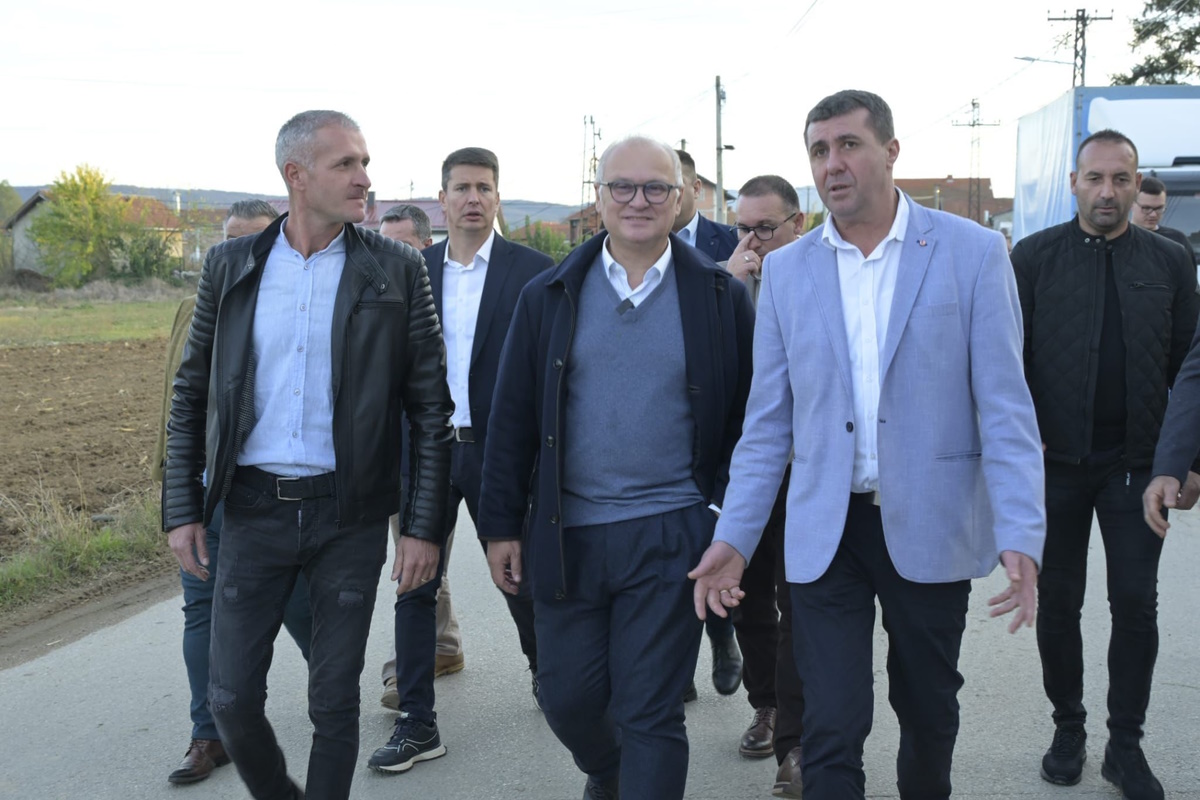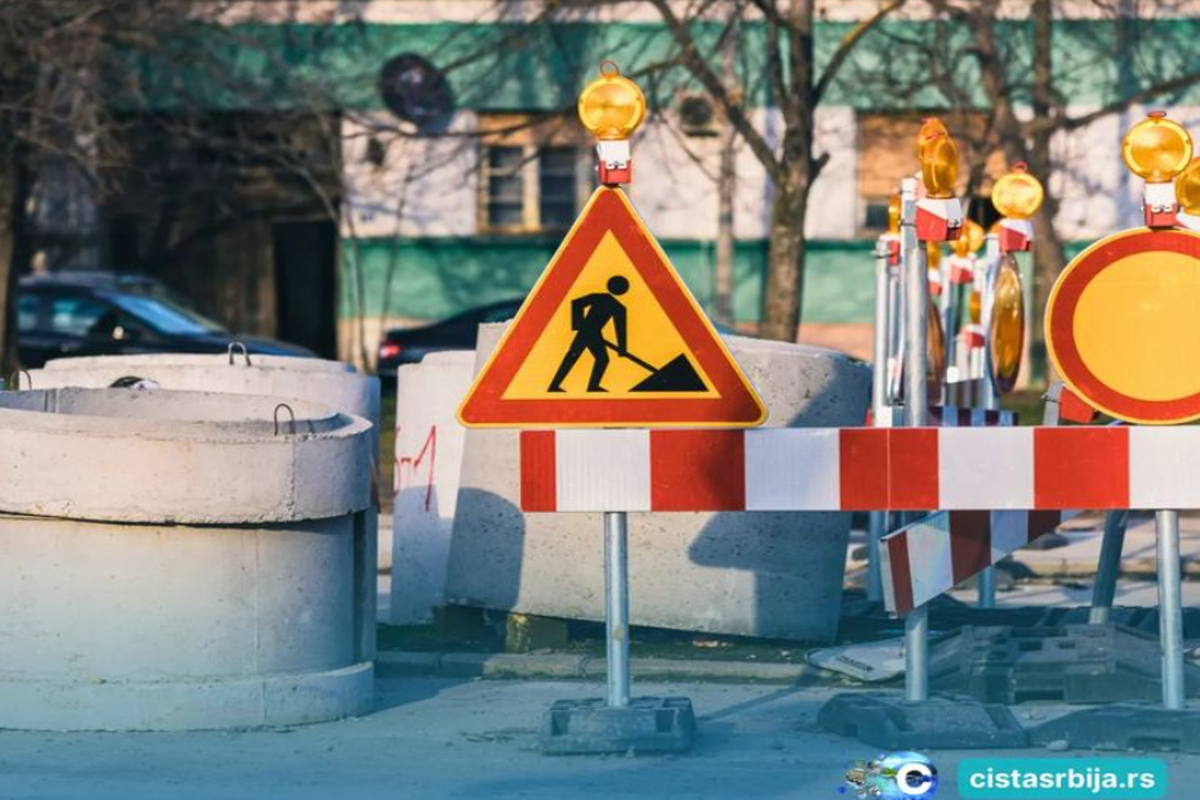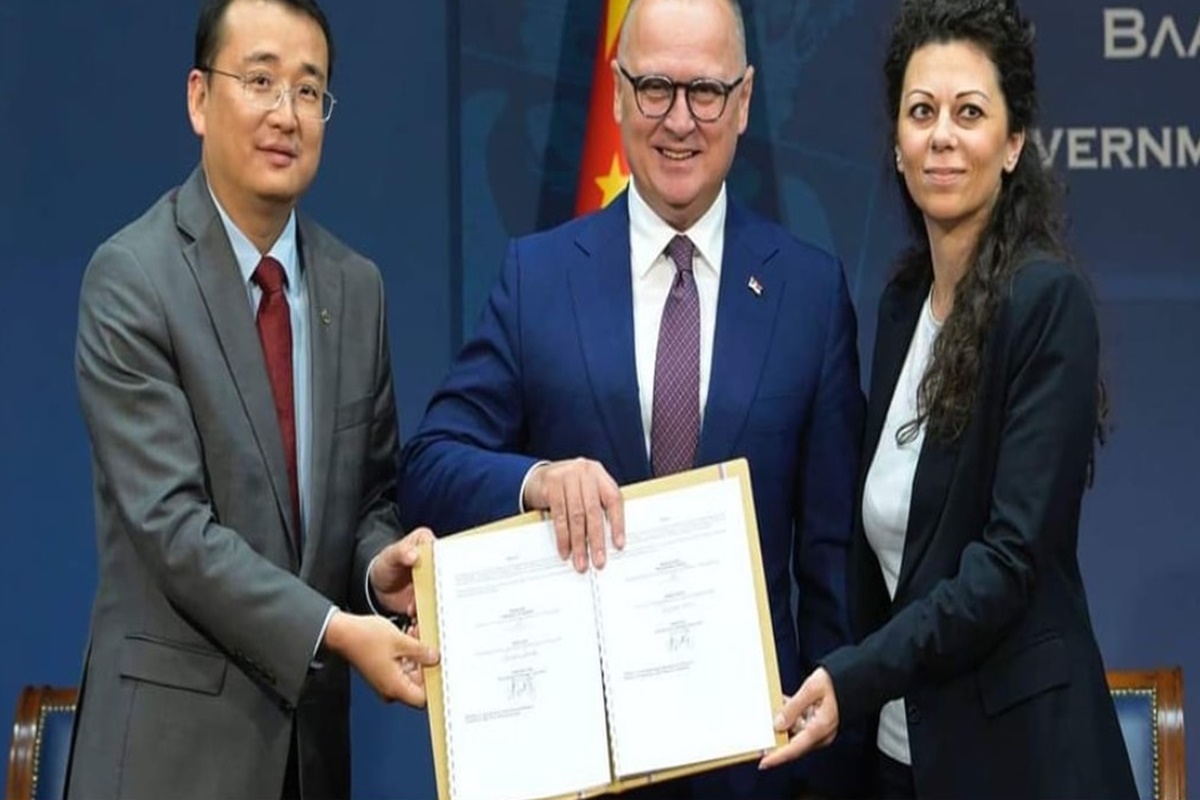While Serbia is still deciding how to improve the collection of packaging waste, the testing of the first innovative technology, which accepts all types of materials at the same time – from PET plastic and cans, through glass to Tetra Pak packaging, has been completed in Zrenjanin. The entire recycling process is more efficient and reliable than with ordinary recycling machines, due to the advanced digital system and packaging pressing inside the device, which brings great savings in time and money.
Many developed countries, such as Belgium and Great Britain, are in the process of considering the same or similar solutions, and our country had the opportunity to be one of the first to test it, thanks to the “Smart Recycle” project, which was implemented through the develo PPP program of the German Federal Ministry for Economic Affairs cooperation and development (BMZ), which are jointly conducted by GIZ, Ball Packaging, Sekopak, Solagro Smart Recycling, Mercator-S and Reverse Logistics Group (RLG), in cooperation with NALED and the “Every Can Counts” program.
During the piloting of the project, consumers in Zrenjanin could return used packaging at 12 locations in the city, and through a special mobile phone application, they collected points for discounts on future purchases and other prizes that were awarded every month.
– Thanks to the partnership with the private sector, we were able to test and familiarize ourselves with the application of technology that many countries are already talking about and see what they can bring. I believe that the lessons learned will be used for the further development of the system at the national and international level – said Zoran Jakovljev, adviser at GIZ, at the final conference of the project, where the key results were presented.
Slobodan Krstović, director of sustainable development at NALED, pointed out that Serbia now has the opportunity to be a pioneer in modern packaging management, and the examples of developed European countries show that they are all moving in that direction.
– It is very important to raise the awareness of citizens about the importance of primary selection and recycling of waste. For six years, there has been talk of launching a new system, several studies and pilot projects have been carried out, of which this one is by far the most important, as it connects digitization and sustainable development. Digital systems are more transparent, which was shown in all the solutions advocated by NALED, such as electronic construction permits, the system for registering seasonal workers in agriculture, eInvoices and many others, and this is the message we will convey to decision makers – said Krstović.
According to Jelena Petljanski, manager of sustainability and regulatory affairs at Ball Packaging Europe, what makes this system unique is its advanced IT solution, which relies on serialization, that is, on a unique code for each unit of packaging, which ensures greater efficiency and transparency in to the recycling process.
– For the purposes of the project, a million codes were printed and manually added as a sticker, otherwise it could be an original part of the packaging, which still needs to be worked on, in order to improve the marking mechanisms and explore methods for automating this process – said Petljanski.
This code provides a lot of data – what is the life of the packaging, which materials are more or less recycled, where they end up and can be very useful for building a more efficient waste management system.
During the piloting of the “Smart Recycle” project, the director of Sekopak, Violeta Belanović, said that they cooperated with a large number of private partners, such as Coca-Cola HBC, Carlsberg, Tetra Pak, Red Bull and Knjaz Miloš. More than 40 brands of these companies were included in the smart collection system, and citizens who wanted to recycle and other packaging waste could put it in the bins for collection that was located next to the machines.
– As a packaging waste operator, it is crucial for Sekopak to examine how citizens react to different ways of separating packaging waste. Cooperation with the local self-government proved to be very important for the collection of larger quantities, and the promotional campaign and education of citizens are necessary – concluded Belanović.


